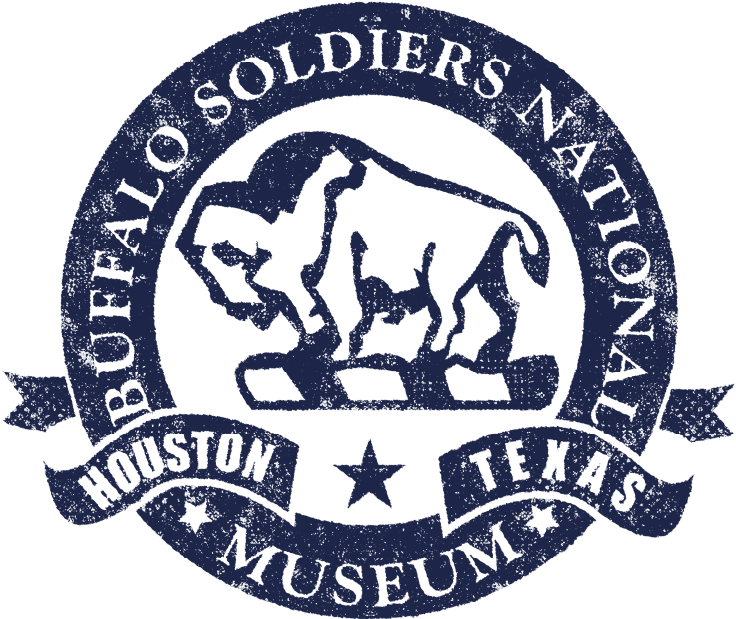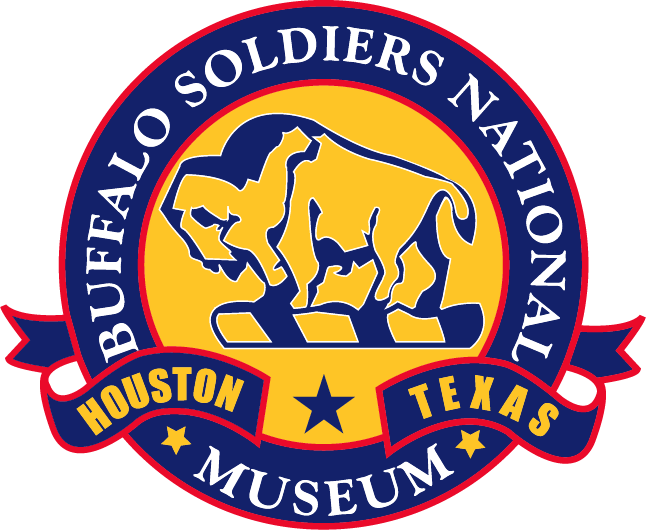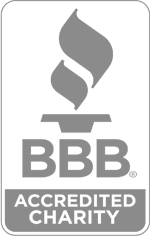The Emancipation Proclamation:
The Myth of Freedom

Test Your Knowledge of the Emancipation Proclamation
The Lead Up to the Emancipation Proclamation
General Benjamin Butler while in command of Fort Monroe refused to return enslaved people who escaped from Virginia, considering the formerly enslaved as contraband of war or captured enemy property. In turn, he would use them to do labor for the Union forces such as building fortifications and other details.
Following the capture of Fort Polaski in Georgia, Gen. David Hunter issues General Order No. 7 freeing the slaves in the immediate areas in and around the fort that was occupied by Union Forces.
Gen. David Hunter expands upon his General Order No. 7 by expanding the reach of the order to include any formerly enslaved who were in areas of Union control in the states of Florida, Georgia, and South Carolina.
“The three States of Georgia, Florida and South Carolina, comprising the Military Department of the South, having deliberately declared themselves no longer under the protection of the United States of America, and having taken up arms against the said United States, it becomes a military necessity to declare them under martial law. This was accordingly done on the 25th day of April, 1862. Slavery and martial law in a free country are altogether incompatible; the persons in these three States — Georgia, Florida, and South Carolina— heretofore held as slaves, are therefore declared forever free.” Major General David Hunter, Department of the South, General Order No. 11, May 9, 1862
In addition to emancipation of the slaves in those areas, Gen. David Hunter also sought to use this order to help raise Black regiments that could fight for the Union Army by drawing from the Freedmen. Among the units that would be raised from this would be the 1st South Carolina Volunteer Infantry.
President Abraham Lincoln would quickly move to counter this order due to concerns about the political impact it would have on the Border States that maintained slavery and sought a gradual emancipation rather than an immediate one.
Abraham Lincoln signed both the Confiscation Act of 1862 as well as the Militia Act. The Second Confiscation Act confirmed that any enslaved person that came under Union Control were emancipated and permanently freed. The Militia Act that passed on the same day would allow for Freedmen to be recruited as laborers or as soldiers being paid $10 a month for their services but a $3 deduction for clothing.
Juneteenth @160





